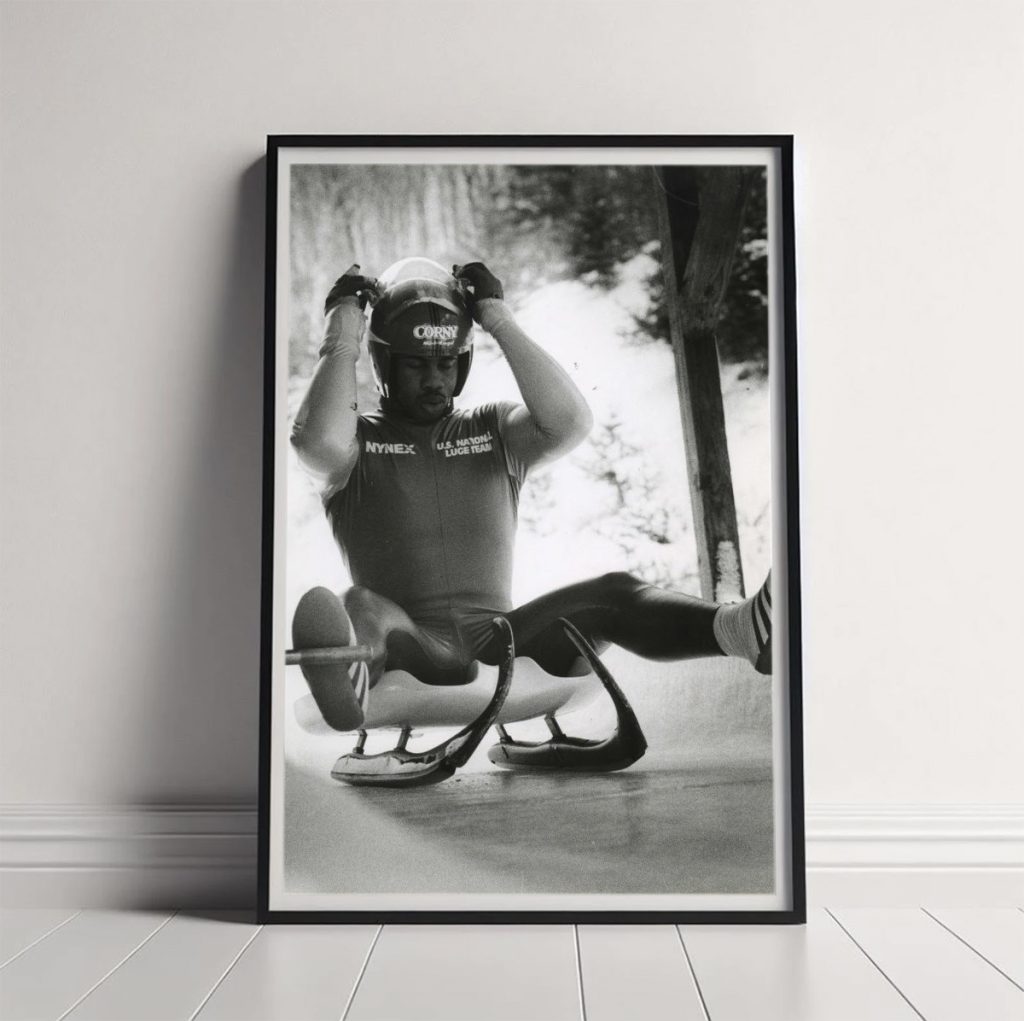
Robert Pipkins
luger
winter olympics
1992 – 1994
About Robert Pipkins
Robert Pipkins: From Buffalo to Breaking Barriers on Ice
Born on February 23, 1973, in Buffalo, NY, Robert Pipkins carved his name into the history books as a pioneer in the sport of luge. Overcoming challenges on and off the track, he became an inspirational figure in the world of winter sports, not just for his athletic achievements but also for his determination to break barriers.
Early Life in Buffalo
Robert Pipkins grew up in the snow-covered city of Buffalo, where the winters provided the perfect backdrop for nurturing his future love for luge. His career path took an unusual start when his mother, after reading about the sport, encouraged him to give it a try. What began as a novel experiment in sliding quickly turned into a serious pursuit.
Buffalo’s supportive community and snowy terrains weren’t common starting grounds for a luge athlete, but Robert embraced his training with passion and grit. His growing skill led him to join the U.S. Junior National Team, and his potential was quickly noted by coaches and peers alike.
A Trailblazing Career
Robert Pipkins didn’t just slide into the sport of luge—he shattered barriers. He became the first African-American luge competitor to represent the United States at the international level, changing the face of the sport and inspiring countless others who saw little representation in winter sports arenas.
His breakthrough came in 1992 when he clinched first place at the World Junior Championships, becoming the first American slider to achieve this feat. This win highlighted not only his talent but also his determination to rise to the top in a sport that demands both speed and precision.
His career reached new heights at the Winter Olympics. At the 1992 Albertville Games, he competed in the men’s singles event, finishing in 21st place, a credible achievement in a field of the world’s best. Two years later, he returned to the Olympics in Lillehammer, finishing 16th and further cementing his place as a force in the luge community.
During his tenure with the U.S. Luge Team from 1991 to 1998, Robert won four consecutive national championships, proving his consistency and dominance in the sport.
Facing Challenges on and off the Track
While Robert Pipkins’ accolades in luge are significant, his career wasn’t without obstacles. One of the most harrowing incidents occurred in 1993, during a training session in Oberhof, Germany. Robert was attacked by a group of neo-Nazi youths—a stark reminder of the discrimination he faced as a trailblazer. Fortunately, his teammate Duncan Kennedy intervened to protect him, and the incident led to international outcry. The young men involved were prosecuted, and the mayor of Oberhof even sent a formal apology to then-U.S. President Bill Clinton.
Despite the challenges, Robert maintained his focus and continued breaking records. His resilience in the face of adversity made him a symbol of perseverance and strength, not just in sport but in life.
Impact and Legacy
Robert Pipkins’ legacy in the sport of luge lives on as a testament to the power of determination and breaking new ground. His representation as the first African-American at the international level in a predominantly white sport inspired many athletes from diverse backgrounds to believe in their power to succeed, no matter the odds.
Back in Buffalo, Robert’s story serves as a source of pride for a city that has long nurtured underdog heroes. His dedication to his craft and his ability to compete at the highest levels of sport place him among Buffalo’s most celebrated athletes.
Continuing to Inspire
Robert Pipkins’ story isn’t just about medals or rankings; it’s about courage and representation. He didn’t just carve ice on the luge track—he paved pathways for generations to follow. For fans of the Winter Olympics and those inspired by tales of perseverance, his story is one to remember.
Buffalo can be proud of its trailblazing athlete, a reminder that even from unexpected places, greatness can emerge, leaving a lasting legacy on the world stage.
